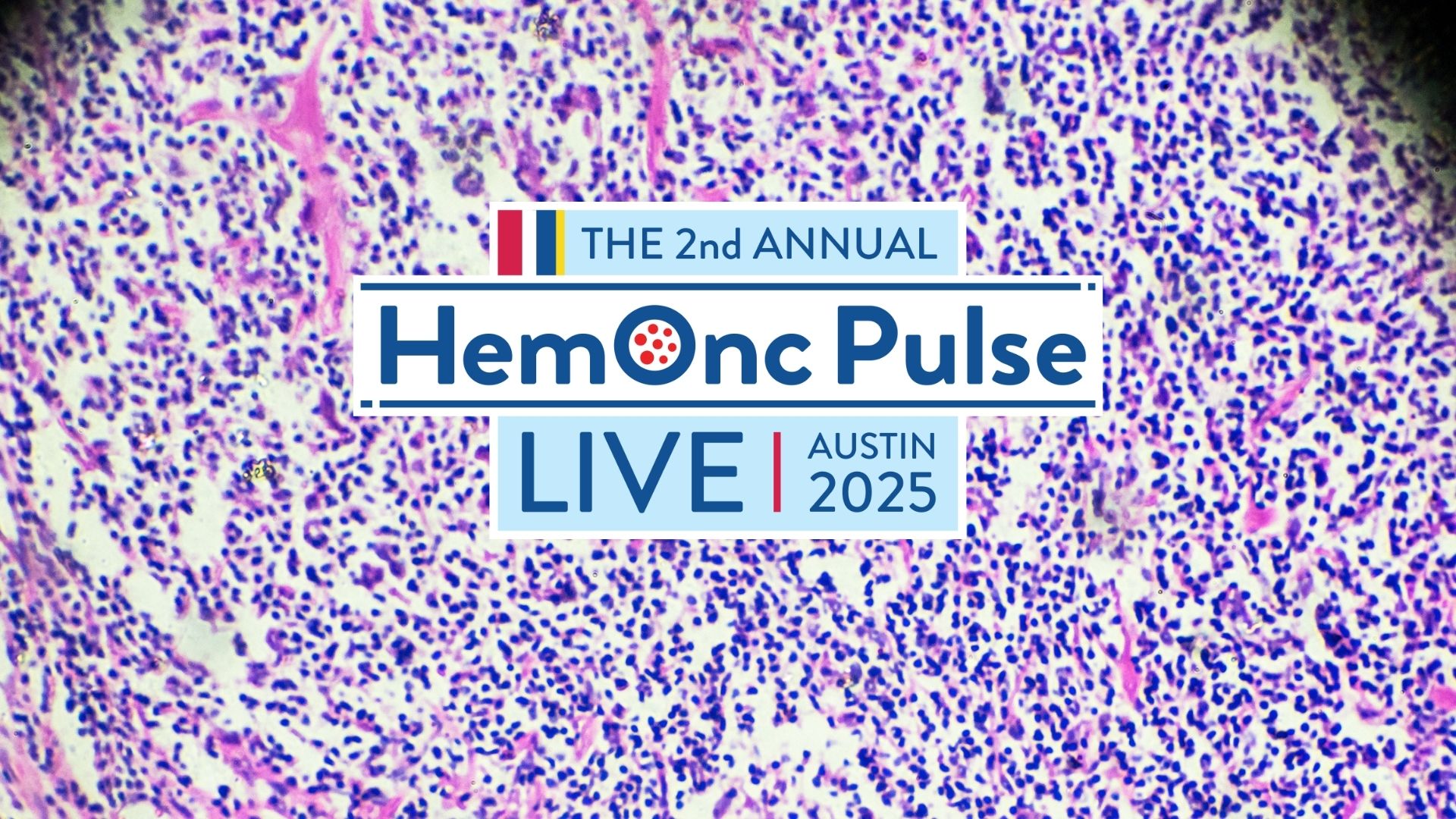
Penpulimab, a novel immunoglobulin G, anti-programmed cell death protein 1 antibody, demonstrated a good safety profile in patients with relapsed/refractory classical Hodgkin lymphoma (cHL), according to a phase II trial.
The results were presented by Yuqin Song, MD, PhD, of Peking University Cancer Hospital and Institute in Beijing, and colleagues at the 2022 Society for Immunotherapy of Cancer Annual Meeting.
The multicenter, single-arm, open-label trial examined the efficacy and safety of penpulimab in 94 adult patients with relapsed/refractory cHL. Eligible patients underwent a prior autologous hematopoietic stem cell transplant or received at least two lines of prior chemotherapy.
Patients received penpulimab 200 mg once biweekly until disease progression or unacceptable toxicities. At data cutoff (December 31, 2021), the median follow-up was 29.5 months, and patients received median of 26.1 treatment cycles (range, 2-36 cycles).
The confirmed objective response rate, which was the primary endpoint of the study, was 90.6% (n=77) among the 85 evaluable patients based on the Lugano 2014 criteria. The complete and partial response rates were 49.4% and 41.2%, respectively. Median progression-free survival (PFS) was 33.2 months, and median overall survival (OS) was not reached.
The most frequent treatment-related adverse events were hypothyroidism (33%), upper respiratory tract infection (26.6%), fever (24.5%), and mild alanine aminotransferase elevations (24.5%). No new safety signals were observed.
“Penpulimab was well tolerated, with a good safety profile in long-term use in [relapsed/refractory] cHL patients,” the investigators wrote. “It demonstrated promising therapeutic activity and continued PFS and OS benefit.”
Reference
Song Y, Zhou K, Jin C, et al. Penpulimab for relapsed/refractory (R/R) classical Hodgkin’s lymphoma (Chl): extended follow-up of the multicenter, single-arm, phase 2 study. Abstract #152. Presented at the 2022 Society for Immunotherapy of Cancer Annual Meeting; November 8-12, 2022, Boston, MA.






 © 2025 Mashup Media, LLC, a Formedics Property. All Rights Reserved.
© 2025 Mashup Media, LLC, a Formedics Property. All Rights Reserved.